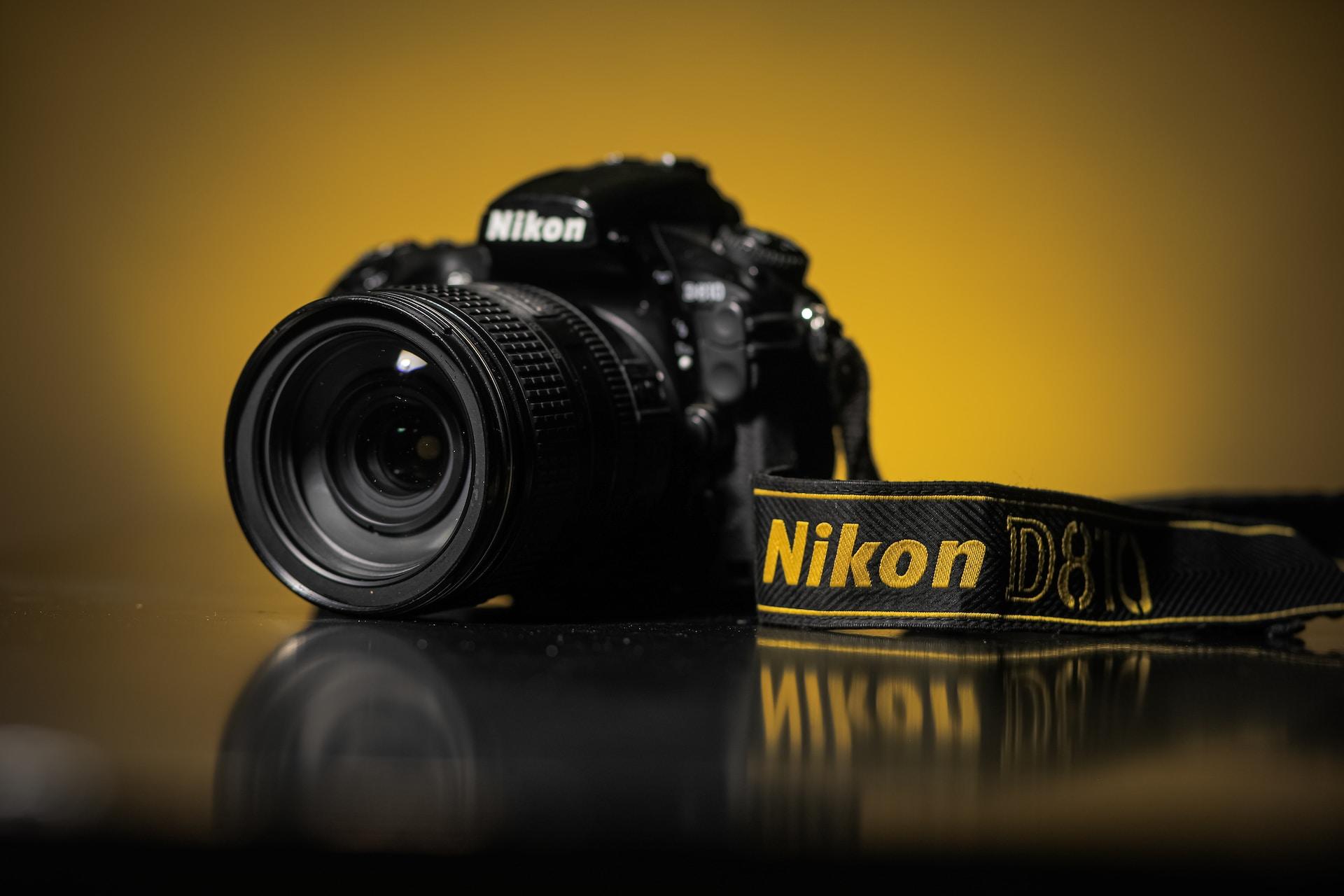When it comes to cameras, you need both a good understanding of how they work and the best photography equipment that you can afford.
However, keep in mind that going out and buying the best camera won't automatically make you take the best photos, though you will likely see an improvement if you opt for a camera with excellent automatic settings.
Autofocus, good lenses, and a high resolution won't necessarily result in a better image if you don't know what you're doing. You'll want to start with a good camera, but you'll also need the best lenses for the shot you're trying to take.
You should also think about the white balance, the ISO, the depth of field, and the composition of your shot. The right equipment, lenses, and cameras can help you get the most out of this once you know what you're doing, but they aren't a replacement for being a good photographer.
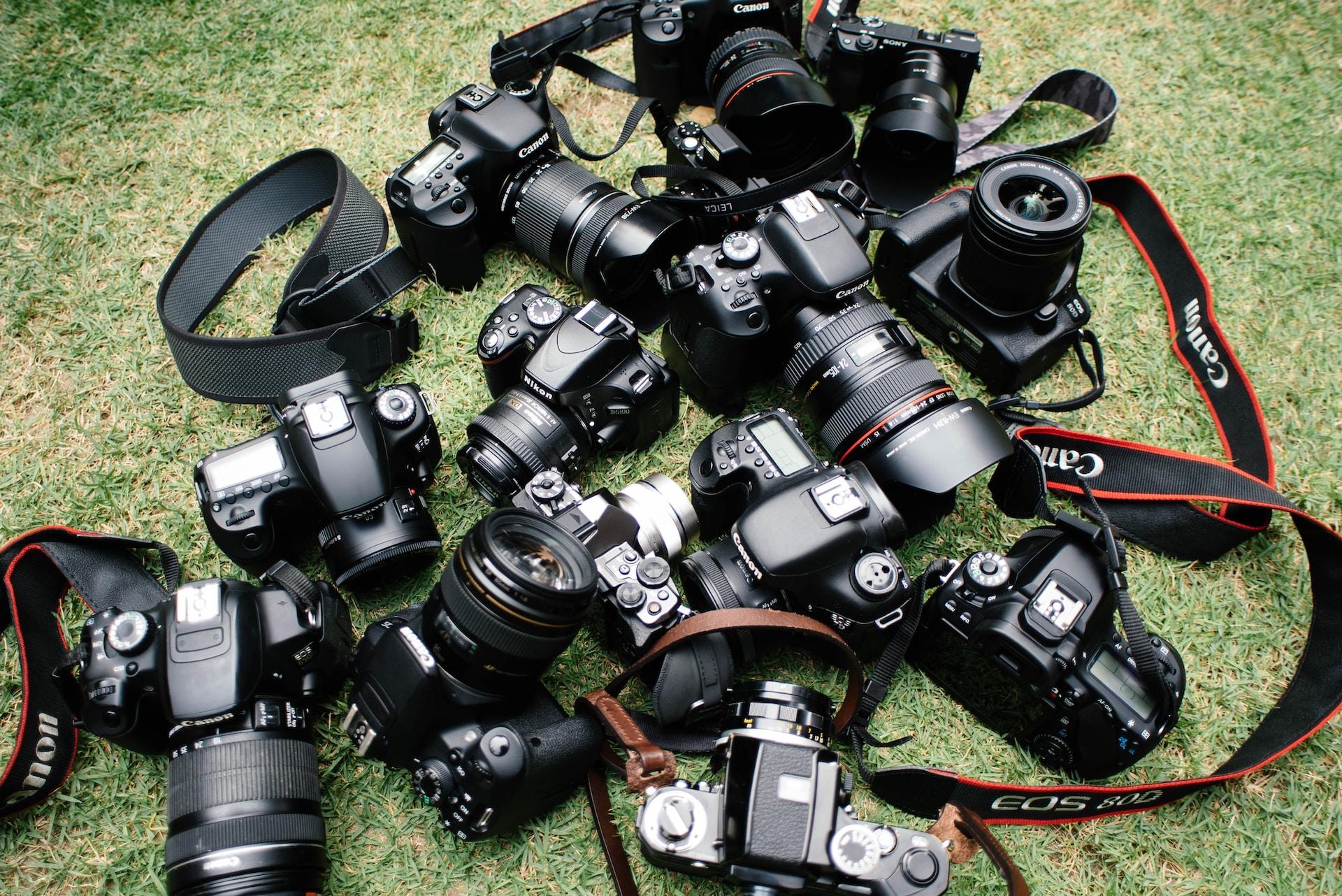

What to Look for in a Good Camera
When choosing a camera, you'll do much better if you know what you're looking for and what some of the specifications mean.
If you don't know what makes an excellent camera, how can you start shopping for one?
Here are some of the features and specifications you should know when choosing a camera.
The Buttons and Dials
When we get to some of the best cameras around, you'll see that buttons and dials are useful. Many modern cameras have a lot of unique and useful features as well as settings that you may need to access while taking pictures.
You want to be able to access these when needed whether this is directly through buttons or through menus on a screen. The right camera for you is the one that you find easy to use with the right buttons.
Finding Information
Much like with the buttons on an excellent camera, it's important that a photographer can quickly see all the relevant information for the photo that they're about to shoot.
You'll want to see things like aperture, shutter speed, ISO, etc. The best cameras will provide you with everything you'll ever need when shooting whether it's displayed on your screen or through the viewfinder.
This information needs to be easy to read without obscuring your shot.
Excellent Ergonomics
It's not just the insides of a camera that make it good, it also needs to be good to hold, not too heavy, and have all the buttons in the right places so you can change settings on the fly and hit the shutter button exactly when you need to take a photo.
Naturally, most photographers will probably want to prioritise technical specifications and what's under the hood over ergonomics, but there are situations when the body, shape, and weight of a good camera will come into play.
For travel or extreme sports photographers, they'll need something that is light, compact, durable, and still shoots good photos at a moment's notice.
A Quality Image Sensor
A camera's image sensor makes all the difference. Without a good sensor, the overall performance of your camera will be affected.
Basically, the image sensor is what takes light and converts it into electrical signals that are ultimately turned into an image. It's how your camera interacts with the light reaching it through the lens.
In modern cameras, there are a few different kinds of image sensors in use, with the most common sensors for high-quality cameras being Micro Four Thirds (MFT), APS-C, and full frame.
Generally, the bigger the sensor, the better the camera, but this can mean the camera is less compact and bulkier. This isn't the only thing to think of, but the sensor is a big part of it. Bigger sensors result in less noise, a better dynamic range, and better performance in low light.
Think About Function
The most important thing to think about when buying cameras is what the camera will be used to shoot.
Travel cameras, for example, are unlikely to be full-frame cameras since this tends to make the body too big and bulky. You're also unlikely to get a good screen or viewfinder on such cameras since they'll tend to be smaller. That isn't to say you can't get great travel cameras with decent screens, though.
While we're also looking specifically at cameras for shooting photographs, you can't ignore video quality as lots of people may be interested in shooting video and taking photos.
You'll want to check the battery life for different cameras, too. If you're going to be out and about for a long time, you don't want to have to stop shooting just because you ran out of battery. While you can always keep some spare charged batteries on you, this will add to the weight of your camera bag.
Look for Reputable Brands
In the world of cameras, the best cameras are often from the same brands and you'll see their names popping up again and again.
Every photographer will have their preferences, but the big camera brands include Sony, Fujifilm, Nikon, Canon, and Olympus (now OM System).
The good thing is that these brands also have cameras for a range of budgets so you can find a quality camera for a good price.
What are the Current Best Cameras?
We could go on all day about which camera is the best, but it's not that simple, especially when everybody has a different budget and requires different features and specifications.
No camera will ever be ideal for everyone. A travel photographer won't need the same camera as someone doing macro photography in nature, but there are a few cameras that are regularly recommended by reviewers and photographers.
Fujifilm X-T5
The Fujifilm X-T5 features a 40MP APS-C sensor, and an SLR-style body, and is highly recommended and rated.
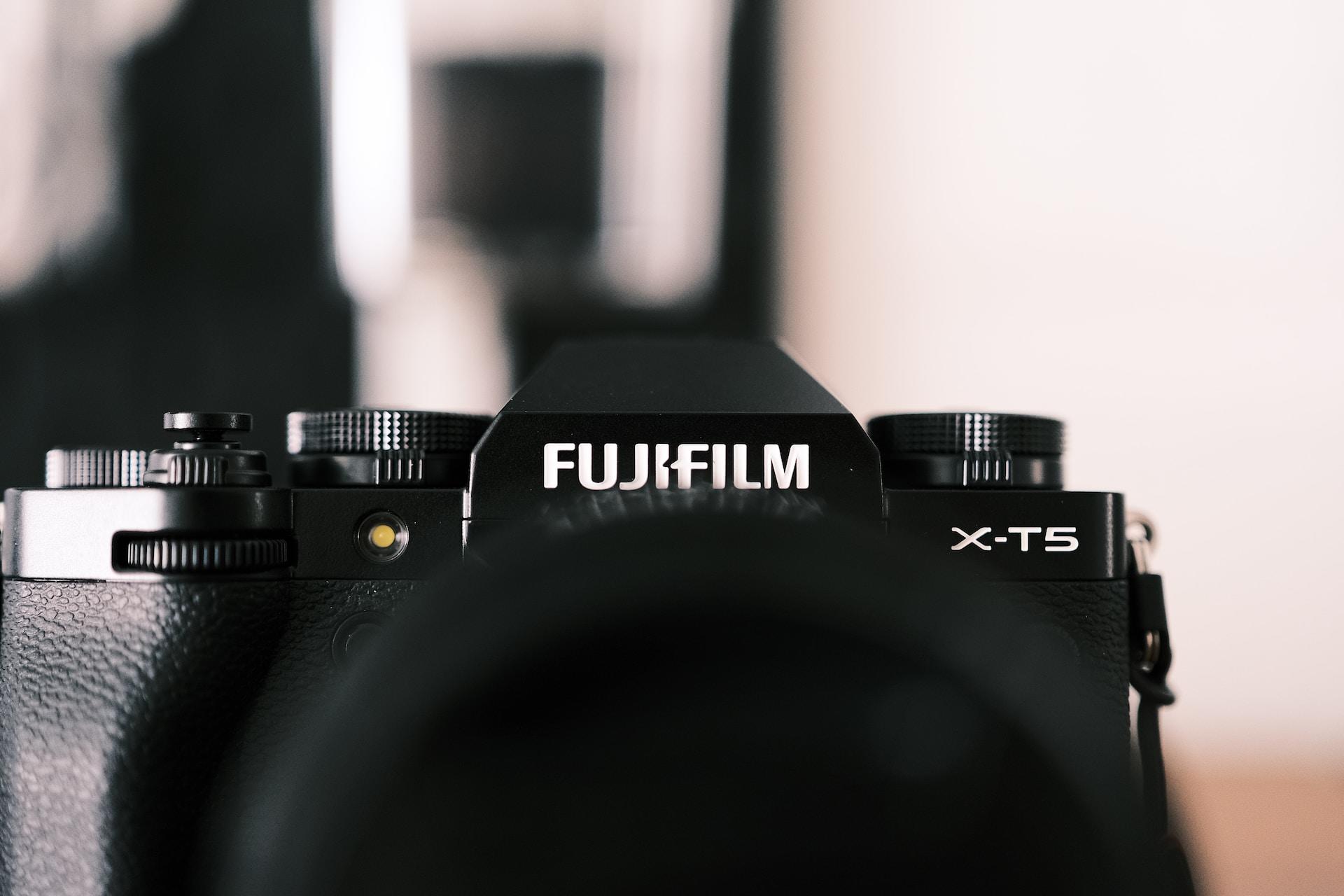
It retails for less than the Sony a7 IV (which we also recommend) at around $2,700 and is rated for both landscape and portrait photography.
Ease of use is the focus here and it's a fairly light camera with classic dials so you can adjust settings on the go without having to go through lots of different menus.
The tilting screen allows you to comfortably take photos from different levels, but it doesn't fully articulate so selfies might be out of the question.
This is considered to be an excellent allrounder and while it can handle low-light shooting, it's certainly not its forte.
Specifications
- Image Sensor: 23.5mm x 15.7mm (APS-C) X-Trans CMOS 5 HR with primary color filter
- Resolution: 40MP
- Sensitivity:
- Standard Output: AUTO1 / AUTO2 / AUTO3 /ISO125 - 12800 (1/3 step)
- Extended Output: ISO64 / ISO80 / ISO100 / ISO25600 / ISO51200
Olympus / OM System OM-D E-M10 Mark IV
The Olympus OM-D E-M10 Mark IV sets itself apart as a good entry-level photographer looking for a budget option.
At around $1000, it's often recommended as the choice for anyone wanting to start taking photos on a camera rather than their smartphone.
This camera isn't junk, though, it's actually quite functional, takes good pictures without having to fiddle with too many settings, and is light enough that it's also a great choice when travelling.
It has a 20MP sensor and a tilting touchscreen so you can practise taking photos from different levels.
Beginners will get good photos out of this out of the box, but more experienced photographers might actually be surprised at what you can get out of this affordable little camera.
Specifications
- Processor: TruePic™ VIII
- Resolution: 20.3 MP
- Sensitivity:
- AUTO ISO: Customisable, LOW (approx.100) ‐ 6400
- Manual ISO: LOW (approx.100), 200 - 25600

Sony A7 IV
The Sony A7 IV is available for around $3,500 so it's one of the more expensive options out there and not really one we'd recommend for absolute beginners.
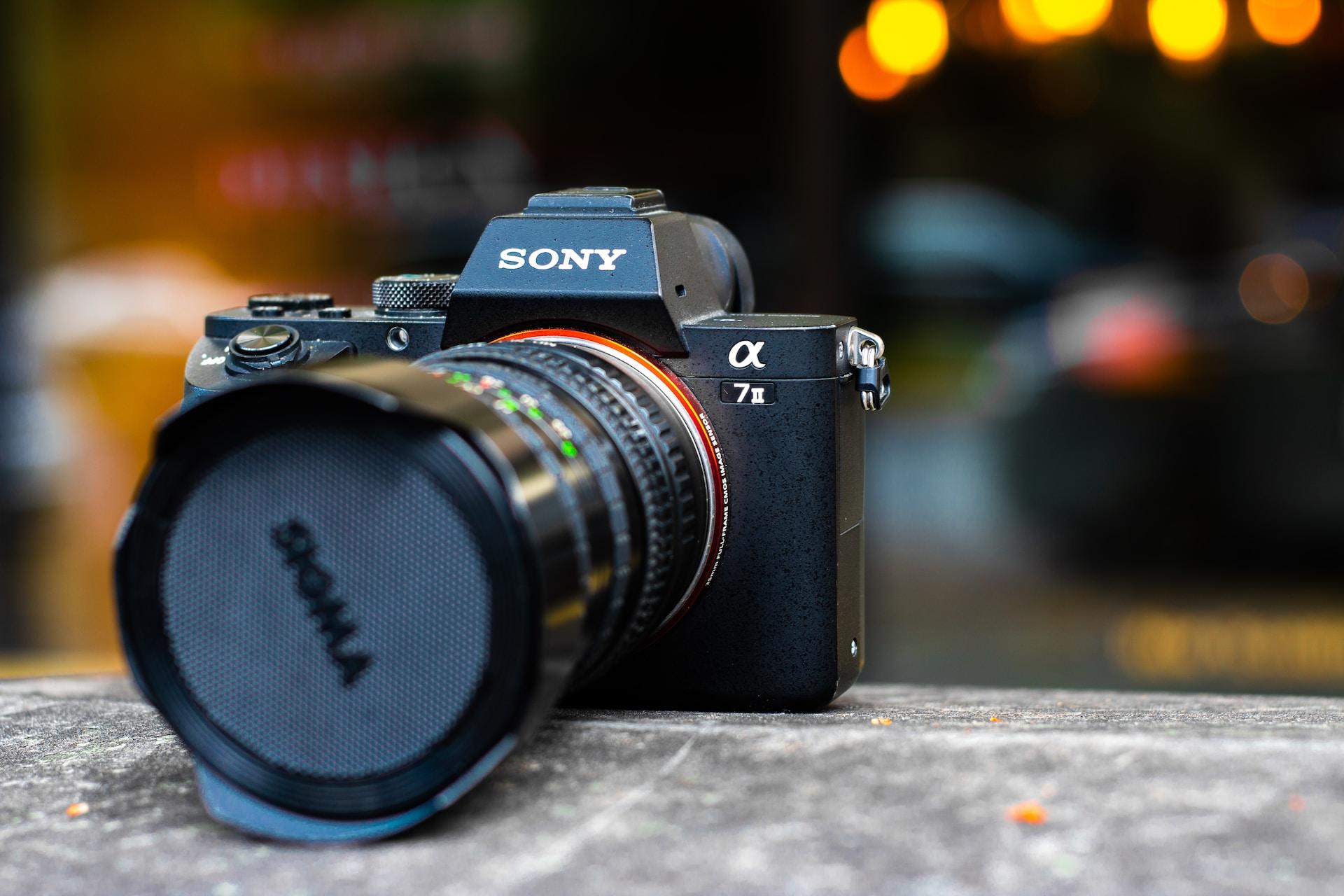
This is a full-frame camera, which means its sensor is the same size as a 35mm film frame. The previous model, the Sony A7 III, was also a quality camera, but this one has improved resolution, autofocus, and the quality of video it can produce.
While we recommend it on how well it takes photos, if you're likely to be shooting video and taking photos, the A7 IV is a good option, especially if you already own the A7 III and are looking to upgrade.
- Sensor Type: 35 mm full frame (35.9 x 23.9 mm), Exmor R CMOS sensor
- Resolution: 33.0 MP
- Sensitivity:
- Still images: ISO 100-51200 (ISO numbers from 50 to 204800 can be set as expanded ISO)
- AUTO (ISO 100-12800, selectable lower limit and upper limit)
- Movies: ISO 100-51200 equivalent (ISO numbers up to 102400 can be set as expanded ISO), AUTO (ISO 100-12800, selectable lower limit and upper limit)
Canon EOS 1500D / Rebel T7 / 2000D / Kiss X90
Here's another great camera for beginners, the Canon EOS 1500D. This is classed as a beginner DSLR and includes a feature guide.
Don't let the long scary name confuse you, this camera is known as the Canon EOS 1500D in Australia, but it's called the Rebel T7 in the Americas, the Kiss X90 in Japan, and the Canon EOS 2000D in Europe, which is useful to know if you're looking for reviews or struggling to find it on other international sites.
It retails for somewhere between $750 and $1000 so you can find it for cheaper than the Olympus OM-D E-M10 Mark IV.
It offers 24MP through its APS-C sensor and is easily connected to other devices to share or take photos.
It also shoots 720p or 1080p video (depending on the framerate) and features a rotating LCD screen.
- Sensor Type: APS-C CMOS
- Resolution: 24.1 MP
- ISO Speed: 100 – 6400
Olympus / OM System Tough TG-7
The OM System Tough TG-7 is a shockproof and waterproof camera that's great for those who love the outdoors and don't want to break their smartphone trying to get photos.
At around $800, there are cheaper options available, but there aren't many tougher options out there.
This isn't the best camera for photography and high-end smartphones will likely take better photos than it, but it's waterproof to 15 metres, can be dropped from around 2 metres, and withstand 100kg of force.
This camera is for a very specific kind of photography, but if this is what you'll be using it for, then it's probably worth considering.
- Processor: TruePic™ VIII
- Resolution: 12 MP
- ISO Sensitivity: Manual ISO: 100 - 12800 (1/3 EV step)
Honourable Mentions
Here are just a few of the other cameras that are currently highly recommended across all budgets:
- Canon EOS R50
- Canon EOS R7
- Canon PowerShot G7X Mark III
- Fujifilm X-H2S
- Nikon Z FC
- Nikon Z7 II
- Nikon Z9
- Panasonic Lumix S5 II
- Sony a6700
- Sony Cuber-shot RX100 VII
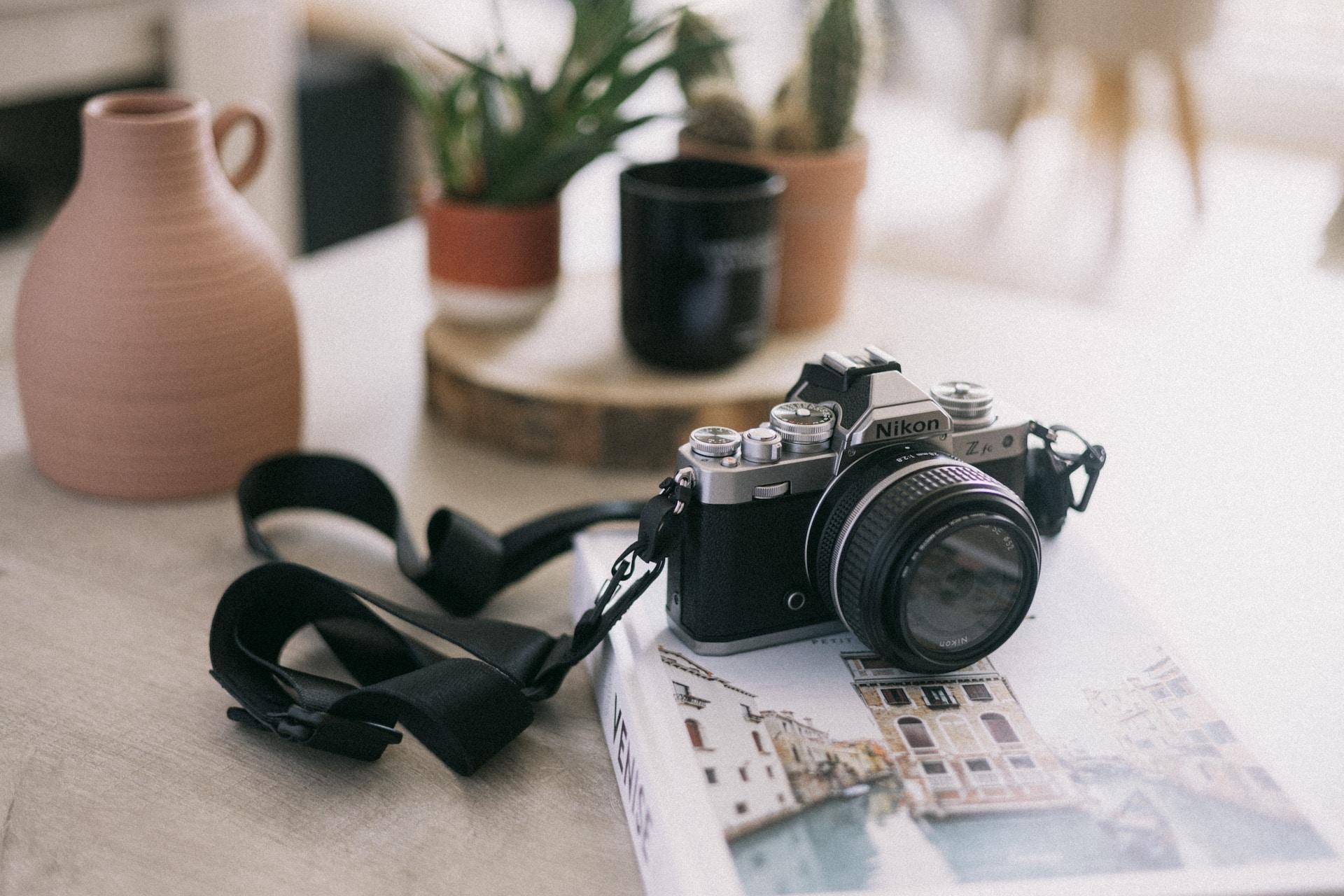
The Camera Equipment You Should Buy
The camera is obviously one of the first things you will invest in when you get started with photography, it's not the only thing you'll need to get great images.
Here's some other equipment you'll need to improve the quality of your shooting.
Lenses
Most cameras have the option to change their lenses. For your main camera, it's recommended that you have a lens or two extra for specific types of photography.
After all, a macro lens won't be great for landscapes and your telephoto lens isn't going to be much use for portraits.
Fortunately for you, there are specific lenses for macro photography, portraits, landscapes, etc. The first lens you'll want to consider buying is a prime lens as it has no zoom and is good for getting used to taking photos without messing around with the zoom.
A Tripod
Most kinds of photography will sometimes call for a tripod so it's a good idea for every photographer to invest in one.
Tripods allow you to capture images without having to worry about your hand shaking and is great for landscape shots that require long exposures.
Meanwhile, you can focus on ensuring that the composition of your shot is perfect!
Essential Camera Accessories
Once you've got your camera, there are also some photography and camera accessories that might be worth investing in.
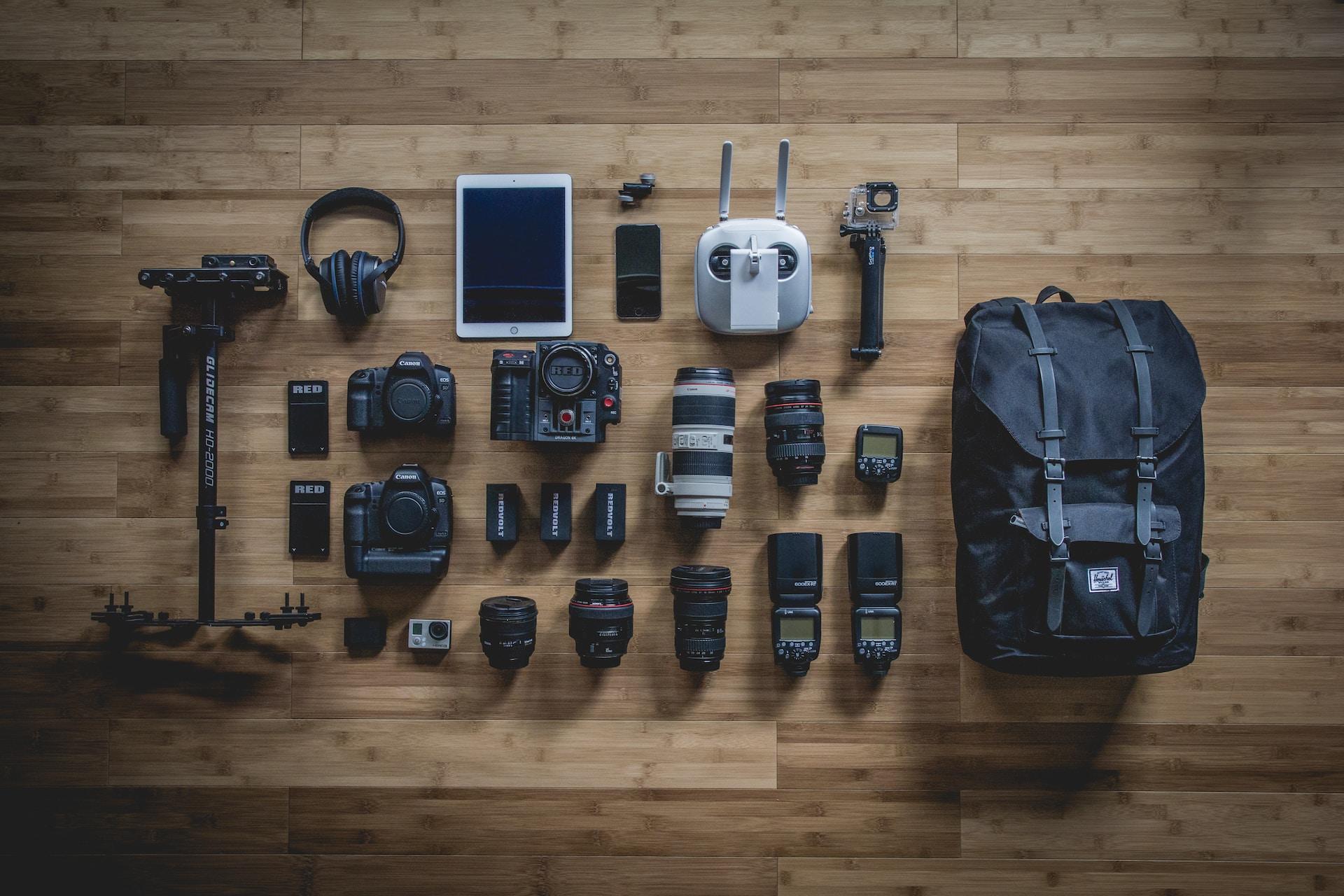
SD Card/Storage
An SD card or other storage medium is always useful to have since you never know when you're going to run out of space to store photos. It's much better to just swap in a new storage medium than start having to delete certain photos.
Certain storage devices can also fail so you don't want to be left with no way of saving the photos you take.
A Camera Bag
When you buy a camera, consider getting a suitable camera bag for it.
The right bag will depend on what you use your camera for, which lenses you have, and the other storage space you might need for accessories.
Summarise with AI:

